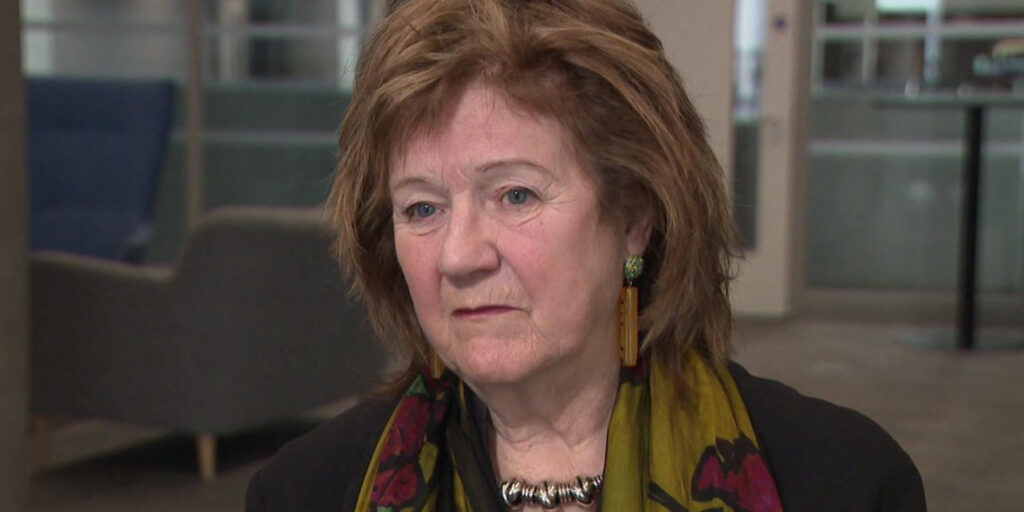The Church of England could face a deepening crisis if it does not implement a comprehensive new independent system for managing safeguarding, warns Prof Alexis Jay, the former head of a national inquiry into child sexual abuse.
The Church’s national assembly is set to decide on radical reforms to its safeguarding processes this Tuesday.
Among the proposals is a model developed by Prof Jay, who contributed her expertise at the Church’s request. However, some Church members are skeptical about shifting the responsibility for handling abuse allegations entirely to an external organisation.
The urgency for reform has intensified following the resignation of the former Archbishop of Canterbury, Justin Welby, over his management of a notorious abuse case, and questions surrounding Archbishop of York Stephen Cottrell’s conduct in another incident.
The General Synod will vote on two potential models. The first model proposes the creation of an independent central safeguarding team, while maintaining the current diocesan and cathedral safeguarding officers.
The second model suggests integrating all Church safeguarding officers nationwide into an independent body. Both models would involve oversight from another external organisation, but establishing such a body as statutory would require at least two years, as outlined in a 66-page document released last month.
After the Church of England has faced criticism for inadequate self-regulation, Prof Jay advocates for the second model, which she believes meets necessary standards of independence comparable to secular organisations.
In an interview with the BBC, she emphasized that the current system’s deficiencies and the resulting serious failings must be addressed.
Prof Jay, who completed a seven-year inquiry in October 2022 into widespread child sexual abuse across various institutions in England and Wales, was approached by Archbishop Welby in summer 2023 to advise on outsourcing the Church’s safeguarding responsibilities.
She is pleased that the General Synod is considering a model closely aligned with her recommendations for full independence, warning that failing to adopt this model could lead to further safeguarding crises and calls for drastic measures.
Despite concerns from some Church members that the model might be too radical and unproven, Prof Jay dismisses these apprehensions, suggesting that the Church could also partner with established charities experienced in child and vulnerable adult care.
Prof Jay refutes the notion that independence in safeguarding would absolve Church members of responsibility and highlights that resolving abuse allegations is just one aspect of the broader cultural issues within the Church, such as excessive deference to authority figures.
Criticism of her understanding of the Church’s inner workings is something she anticipated but remains steadfast in her conviction that the Church must confront its obligations and implement necessary changes.
If the Synod approves the fully independent model, it could still take approximately three years to implement fully.
A spokesperson for the Church of England has stated that the Synod will choose between “two proposed models that significantly strengthen the independence of safeguarding structures,” affirming the Church’s commitment to transparent, accountable, and independent safeguarding practices.


